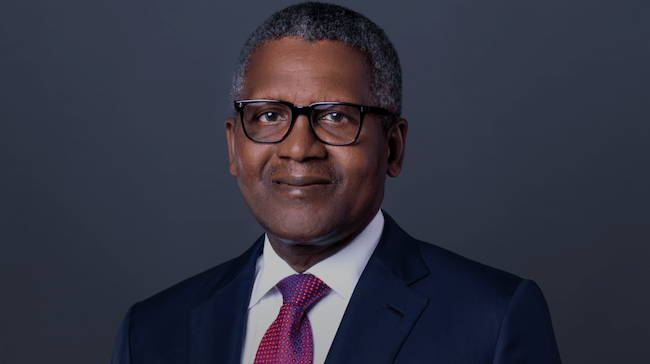LAGOS – Over the weekend, Aliko Dangote addressed concerns about the quality of products from his refinery during a meeting with the leadership of the House of Representatives, led by Speaker Tajudeen Abbas and Deputy Speaker Benjamin Kalu.
Dangote asserted that the products produced at the Dangote Refinery are of superior quality compared to those imported by marketers. He highlighted the damage caused by substandard fuel imported into Nigeria, which has affected many vehicles. “I still stand by what I said. Go to filling stations, you can check the quality. That is the only way,” he stated. He further claimed that some traders and NNPC personnel have been blending inferior fuel at a plant near Malta, affecting fuel quality in the country.
Nigeria, Africa’s most populous nation, faces significant energy challenges, with all its state-owned refineries non-operational and a heavy reliance on imported refined petroleum products. Fuel queues are a common sight, and the removal of fuel subsidies in May 2023 has tripled petrol prices, exacerbating the difficulties for citizens who rely on petrol for their vehicles and generators due to unreliable electricity supply.
Last December, Dangote, one of Africa’s leading industrialists, launched operations at his $20 billion refinery in Lagos, with an initial capacity of 350,000 barrels per day, aiming to reach 650,000 barrels per day by the end of the year. The refinery has begun supplying diesel and aviation fuel to local marketers, with petrol supply expected to commence in August.
In response to regulatory scrutiny over the quality of his refinery’s petroleum products, Dangote denied allegations of substandard production and urged the House of Representatives to investigate the quality of diesel and petrol sold at filling stations nationwide. He also addressed claims that his group of companies enjoys a monopoly, describing such accusations as unfounded.
“If you look at all our operations at Dangote (Group), we add value; we take local raw materials and turn them into products, and we sell. We have never consciously or unconsciously stopped anybody from doing the same business that we are doing,” Dangote explained. He recalled that when his company entered the cement industry, Lafarge was the only operator in Nigeria and was never labeled a monopoly. “Monopoly is when you stop people, you block them through legal means. No, it is a level playing field whereby whatever Dangote was given in cement, for example, other people were given because some of them even got more than us,” he added.

